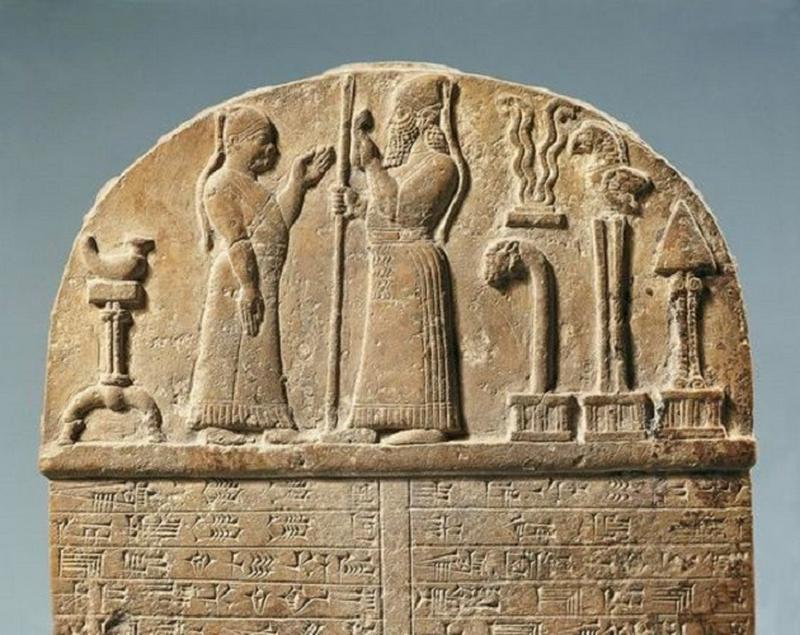The Ancient Roots of New Year’s Resolutions
By Linda Speckhals | January 2, 2023

With the start of each new year, many of us resolve to pursue goals, whether they are related to health and wellness, or to learning a new hobby. Often, those resolutions fall apart rather quickly. Although the first recorded use of the phrase “New Year’s resolution” came from an 1813 Boston newspaper, it seems to have roots dating back to the time that January 1 was not marked as the start of the new year.
The New Year Once Started In March
According to one explanation for the choice of January 1 as the date of the new year, centuries ago, when the Romans followed the lunar calendar, the new year began on the day that the new consul assumed office, which was in March. However, they added some months to the calendar by 153 B.C., and the date for the change in consuls was January 1. There is another explanation, proposed by the Greek philosopher Plutarch. According to Plutarch, Romulus, the first king of Rome, was believed to be the son of Mars (the god of war) and preferred March as the start of the new year. Another king, Numa, wanted to turn the city away from violence and preferred January, the month named for Janus, the two-faced god of beginnings or gates. No matter which story is true, during the reign of Julius Caesar, they began using the Egyptian calendar as a foundation to create the Julian calendar in approximately 46 B.C. With the Julian calendar, the new year began on January 1. This calendar was reformed by Pope Gregory, who gave us the Gregorian calendar, which we still follow today.

Ancient Mesopotamia
Although the date of the new year has changed, the notion of resolutions for the new year seems to have followed us through history. This practice seems to have its roots in the ancients. Approximately 4,000 years ago, the ancient Babylonians are believed to have been the first to have held recorded celebrations to ring in the new year, although not in January, but in mid-March in keeping with their calendar. Now, of course, we celebrate for one evening, but they celebrated the new year during a 12-day religious festival called Akitu. During Akitu, they crowned a new king, or if they didn't have a new king, reaffirmed their loyalty to the reigning king. This was also a time to make promises to return borrowed objects and to pay their debts. Because these were promises to the gods, if they kept their promises, the gods would bless them in the coming year. If they did not keep these promises, they would lose favor with the gods.
Ancient Rome
In ancient Rome, after Julius Caesar established the Julian calendar, and January 1 was the beginning of the new year, the Romans made sacrifices to Janus. They believed Janus’ spirit dwelled in doorways and arches, and that, with his two faces, he could look back into the prior year and forward into the future. With their sacrifices, the Romans made promises of good behavior throughout the coming year.

The Peacock Vow
In the Middle Ages, the knights had their own variation on a New Year’s resolution: this one involved a live or roasted peacock as a resolution to maintain their values as a knight. As the year came to a close, during the “peacock vow,” they would place their hands on the peacock and renew their vow to chivalry.
The 17th Century
It seems that the tradition of making resolutions was pretty widespread by the 17th century. A Scottish woman, Anne Halkett wrote a diary entry titled “Resolutions” on January 2, 1671, containing pledges for the new year.
The Watch Night Service
For some Christians, the first day of the new year was a day to contemplate past errors and resolve to improve in the future. The founder of the Methodist church, John Wesley, created the Covenant Renewal Service, which is also called watch night services, in 1740. Held on New Year’s Eve or New Year’s Day it includes scriptural readings, and hymns, and is often a time for making resolutions. Of course, we joke about the fact that people rarely follow through with their resolutions, but I wonder if they were better at keeping their resolutions than we are today.